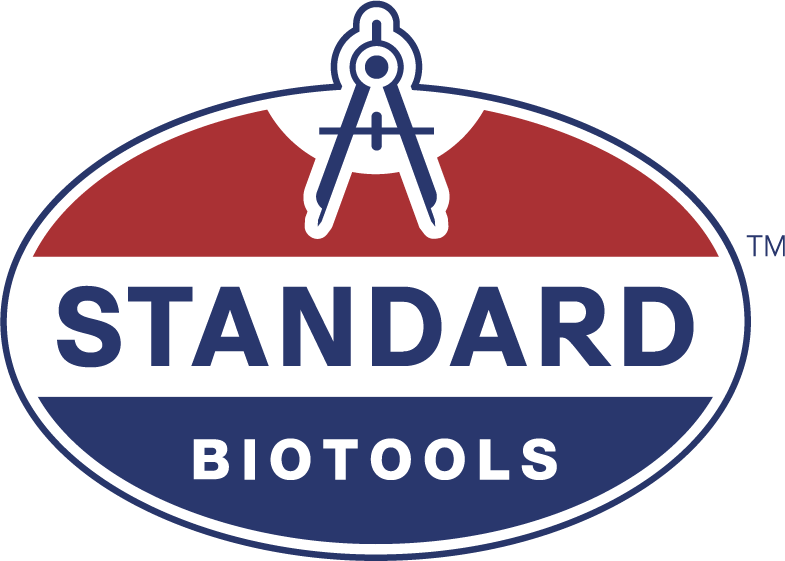Stanford Researchers Use Single-Cell Mass Cytometry to Predict Recovery Time from Surgery
Stanford Researchers Use Single-Cell Mass Cytometry to Predict Recovery Time from Surgery
Sep 25, 2014
Fluidigm’s CyTOF® Mass Cytometry Instrument Unlocks Responses in Immune Cell Subsets
SOUTH SAN FRANCISCO, Calif., Sept. 25, 2014 -- Researchers at Stanford University have demonstrated the ability to predict the recovery time of patients who underwent surgical trauma. Convalescence after surgery varies significantly from patient to patient—often with protracted recovery periods resulting in personal suffering as well as substantial societal and economic costs. Now, using the deep profiling capabilities of mass cytometry, scientists have been able to correlate changes in certain blood cell types with surgical recovery times, underscoring a growing understanding of how immune health relates to recovery from traumatic injuries.These findings were published in this week's issue of Science Translational Medicine in a paper entitled "Clinical Recovery from Surgery Correlates with Single-Cell Immune Signatures" by Brice Gaudilliere, Gabriela K. Fragiadakis, Martin Angst, Garry Nolan, and colleagues.
Researchers used Fluidigm's CyTOF® Mass Cytometry Instrument, a high parameter single-cell based platform that can determine functional responses in precisely phenotyped immune subsets. The system was employed to comprehensively characterize phenotypic and functional alterations of the human immune system as they occurred in-vivo, in patients undergoing major surgery -- hip replacement in this instance.
"A major advantage afforded by the use of the CyTOF instrument lies in its ability to detect finely tuned cell subsets with signaling changes that would be undetectable using other technologies," said Gajus Worthington, Fluidigm Chief Executive Officer and President. "The discovery, using a panel of 35 protein markers, was only possible using the CyTOF," Worthington added.
More than 100 million surgeries are performed annually in the United States and Europe. The number is expected to grow as the population ages. Comprehensive phenotypic and functional characterization of the immune response to surgery using single-cell mass cytometry revealed immune signatures that explained 40-60% of patient-associated variability in surgical recovery. The study found that changes in signaling properties of an immune cell subset – and not the number of cells in a subset (as previously thought) – explained a large portion of the patient-associated variability in surgical recovery. Changes in a patient's immune response within one hour of surgery turned out to be an accurate predictor of how that patient would recover days to weeks later. This data could allow doctors to identify which patients will be in need of additional post-surgical care.
"The CyTOF has been implemented across a number of market segments; including basic research in oncology and immunology as well as for biomarker discovery and screening by our biopharma customers," noted Worthington. "It is really exciting to now witness the impact of mass cytometry on translational research. We continue to see the importance of high-parameter protein detection across many life science disciplines seeking to improve human health," he concluded.
Technology
Fluidigm's CyTOF Mass Cytometry technology uses a novel technological approach to enable researchers to dissect intracellular networks.
Mass cytometry utilizes stable, highly-quantitative metal tags that are attached to specific antibodies and quantified using mass spectrometry that clearly resolves the metals by mass. Using the CyTOF technology, stable isotopes not normally found in biological systems are used to label antibodies and can detect and quantify more than 30 different proteins per cell. This allows simultaneous functional and phenotypic profiling at the single-cell level.
CyTOF technology provides a high resolution proteomic profile of each cell, which distinguishes that cell from all other cells (revealing the heterogeneity of the sample). This enables a more comprehensive functional and phenotypic characterization of complex systems at the single-cell level enabling scientists to interrogate rare cells in large populations.
About Fluidigm
Fluidigm (NASDAQ:FLDM) develops, manufactures, and markets life science analytical and preparatory systems for growth markets such as single-cell biology and production genomics. We sell to leading academic institutions, clinical laboratories, and pharmaceutical, biotechnology, and agricultural biotechnology companies worldwide. Our systems are based on proprietary microfluidics and multi-parameter mass cytometry technology, and are designed to significantly simplify experimental workflow, increase throughput, and reduce costs, while providing excellent data quality. Fluidigm products are provided for Research Use Only. Not for use in diagnostic procedures.
For more information, please visit www.fluidigm.com.
Fluidigm, the Fluidigm logo, and CyTOF are trademarks or registered trademarks of Fluidigm Corporation.
Contact
Michaeline Bunting
Senior Director, Marketing
Fluidigm Corporation
650 737 4190
